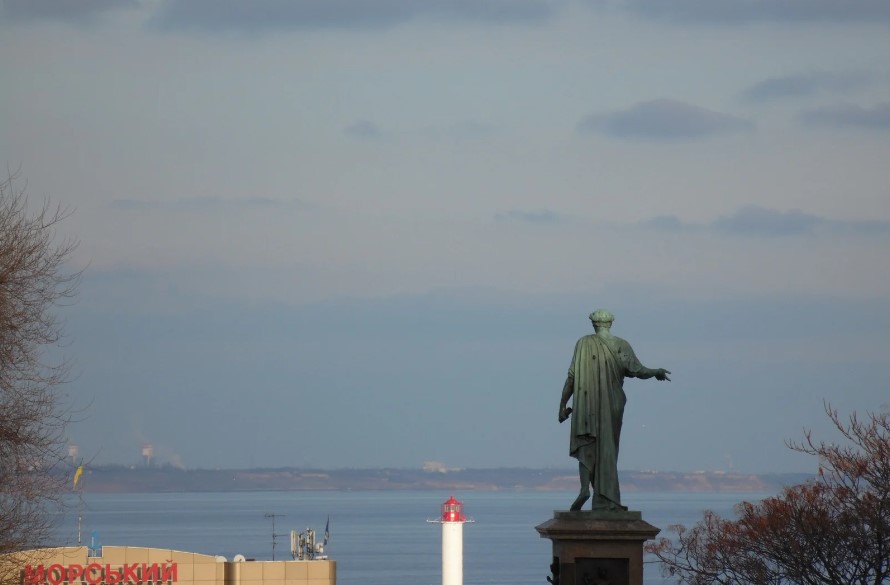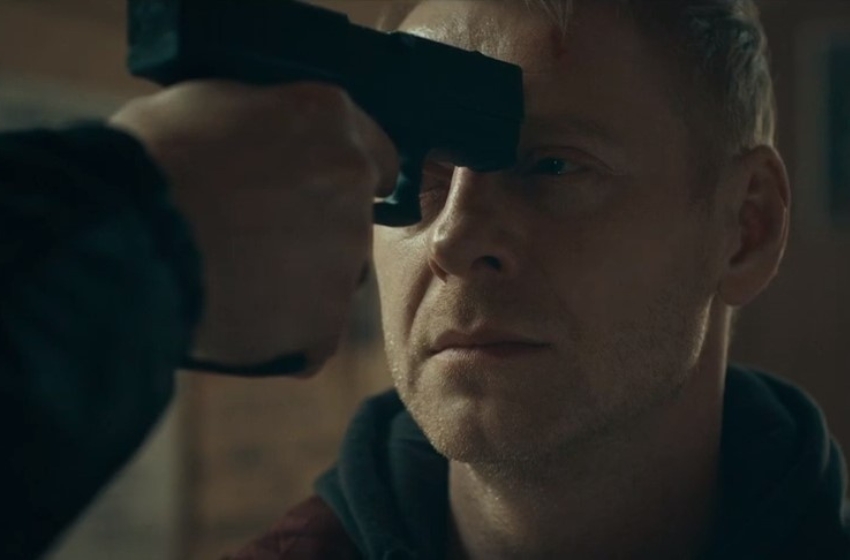"Over the years of independence, approximately $200 billion has been siphoned out of Ukraine.
The country has gone through four waves of primary capital accumulation:
-
1990s Privatization: The distribution of public property in favor of a small circle of individuals, the formation of Financial and Industrial Groups (FIGs), and the emergence of an oligarchic political-economic structure.
-
Asset Redistribution under Yanukovych (2010-2013): Redistribution of assets by the Yanukovych clan.
-
Bank Collapse and Redistribution: Redistribution of assets from bankrupt banks through the Deposit Guarantee Fund and the National Bank. The volume of redistribution amounted to about 30% of GDP.
-
Redistribution with a "Russian Trace" Marker: Redistribution of assets associated with Russian interests.
Describing this process in terms of specific individuals is not the focus of this post. It is worth noting that the confiscated assets have not begun to serve societal interests and continue to benefit a narrow group of individuals with corresponding powers.
All four "waves" have virtually erased our civilization's foundation for development: disrespect for property rights, lack of mechanisms for protecting investor/owner rights.
Additionally, the principle of unconditional protection of such rights, i.e., a priori, without preliminary conditions or reservations, has been undermined.
This has led to an extremely ineffective judicial system, a deformed and non-functioning legal system, and a repressive nature of law enforcement agencies.
For many years, the British system of property rights registration — the Torrens model — was based on what?
It made it the most popular in the world.
On the absolute validity of the owner’s rights, with ownership titles reflected in the corresponding state registers. And on the state’s responsibility for violations of such rights, including full compensation for damages to the affected party.
In Ukraine, political motivation or the hybrid "national idea" over 30 years has been characterized by an almost Nietzschean approach to power, and then the attitude towards power in the style of "whether I am a trembling creature or have a right." The right to extract political rent and participate in the next "primary capital distribution."
Ultimately, to withdraw the "earnings" abroad, to countries where property rights are respected.
This is where the country’s main capital is located, because if left in Ukraine, it will be taken in the next "wave of redistribution."
We have yet to develop a developmental approach to state-building, a genuine political-economic framework, where capital is reinvested in the country, and political elites come to power to leave a mark in history, not just to leave a legacy for ten generations.
Naturally, investing in the economy under conditions of endless capital redistribution is out of the question: there will be no internal or external investments.
Our hybrid anarcho-capitalism has not transitioned from enforced primary capital redistribution to market-based secondary redistribution in 30 years.
Under such conditions, any asset within the country is maximally hedged and diversified through international business structuring: Ukrainian holdings in the Netherlands, Cyprus, or the BVI.
One of our key civilizational failures lies in the treatment of property rights because property rights and their inviolability are the cornerstone of both modern civilization as a whole and any successful country in particular.





















